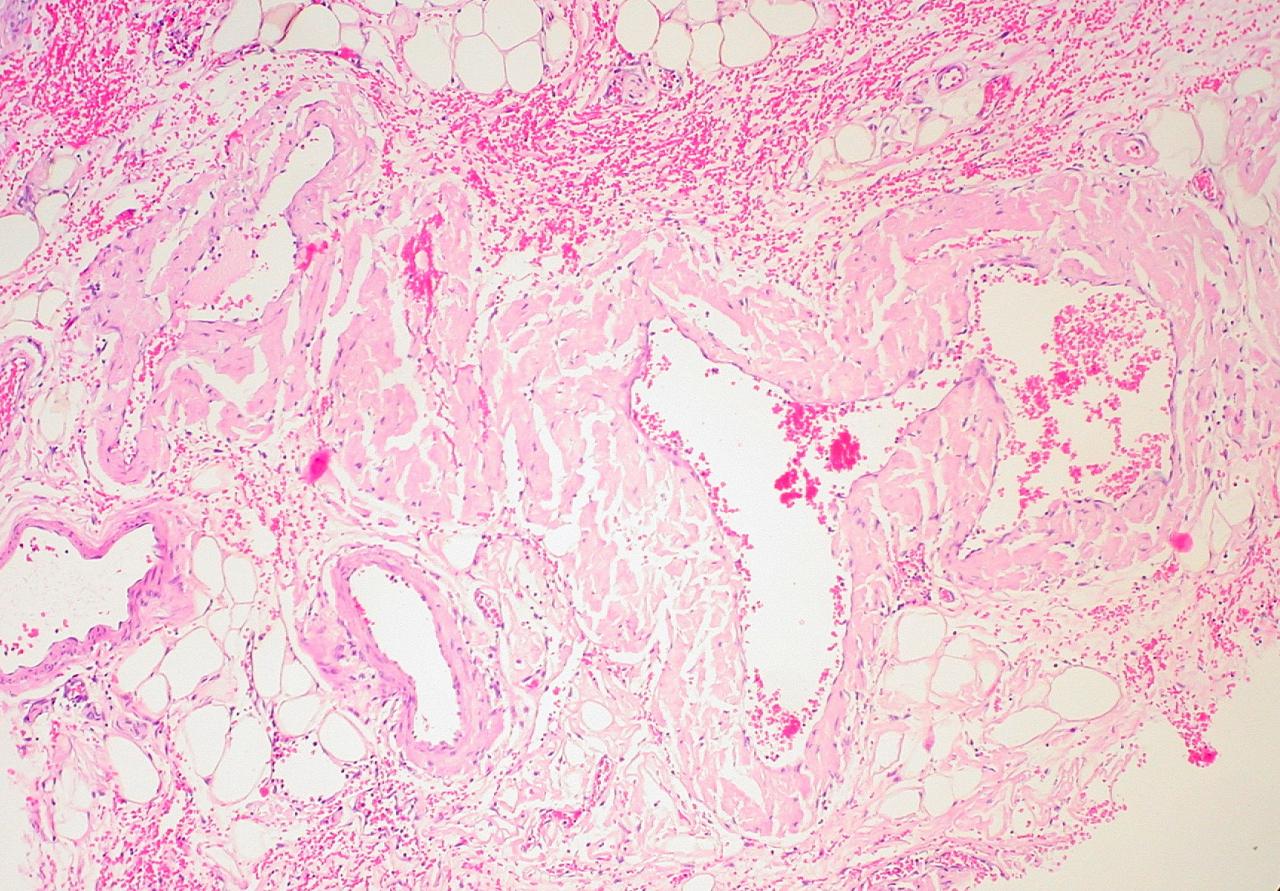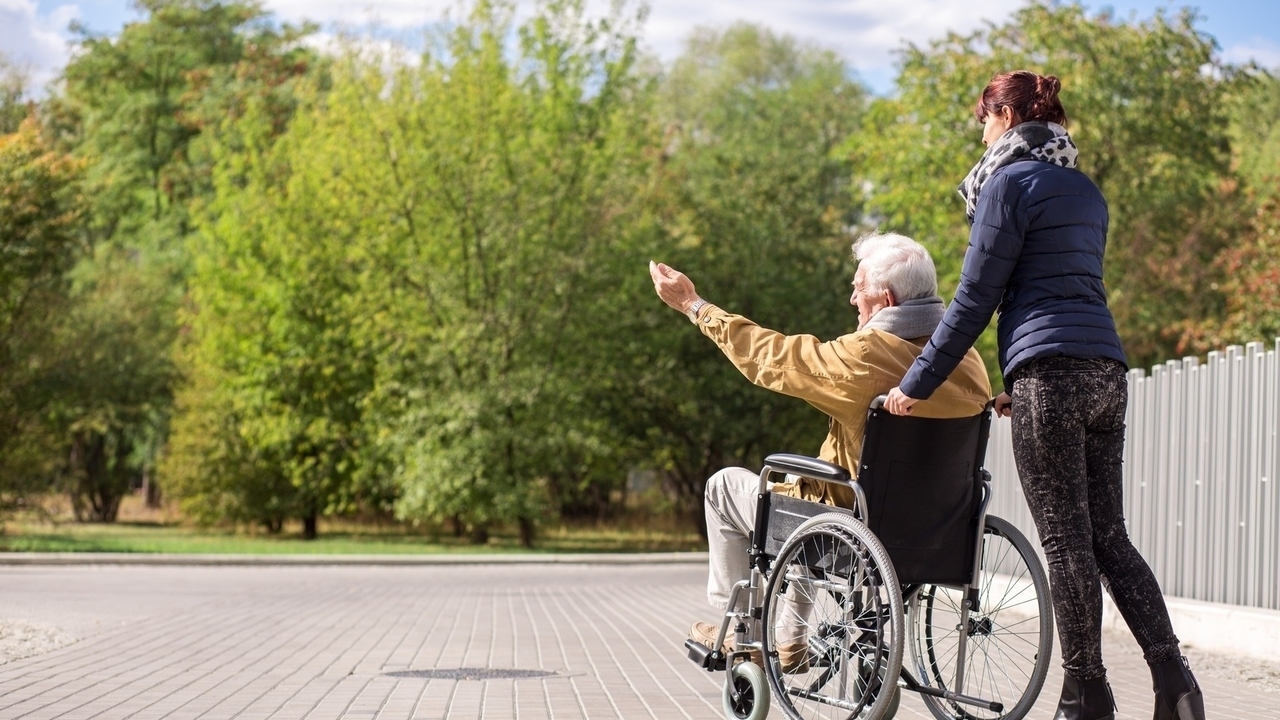 Angel Nieto/PhotoSpin
Angel Nieto/PhotoSpin
Alzheimer's disease and other forms of dementia are brain diseases seen mostly in older age, and are conditions that most people dread. Losing control of one's body is bad enough but losing one's mind is almost too much to bear.
Not recognizing friends and close family, not being able to cook, dress or toilet independently, and losing precious memories, can be traumatic for both patient and family.
The best we can hope for is tender, loving care from family and caregivers, and stimulation of the mind and body so that the symptoms of Alzheimer's/dementia can be delayed as long as possible.
A study cited in Medical News Today said that there are five main ways to delay the onset or lessen the risk of getting this very sad disease affecting people from all educational, career and class backgrounds.
These ways are:
- Exercising
- Being smoke-free
- Having a healthy diet
- Maintaining a healthy weight
- Keeping alcohol levels in check
"The study shows that the individuals who adhered to four or five of these behaviors had a 60% decline in dementia and cognitive decline, and there were 70% fewer cases of diabetes, heart disease and stroke, compared with individuals who followed none of the behaviors." 1
What was of great note in this 35 year study (headed up by Professor Peter Elwood at Cardiff University's School of Medicine), was that exercise proved to be the most mitigating factor in keeping Alzheimer's at bay. And exercise is something we can do at any age, as long as we modify it for our ability and health.
Activities one can do at any age are tennis, swimming and walking.
Swimming is great for our health and is a low (almost no) impact activity that works out the whole body.
Tennis is more of a high impact sport but playing at one's level with others of the same level can make two hours of activity go by without even knowing it, and it is also very mentally stimulating.
Walking and using weights are also great for muscles, bones, hearts and lungs. The positive impact of exercise on mental health is incalculable.
The Alzheimer's Association tells us that "... evidence suggests exercise may directly benefit brain cells by increasing blood and oxygen flow. Even stronger evidence suggests exercise may protect brain health through its proven benefits to the cardiovascular system. Because of the known cardiovascular benefits, a medically approved exercise program is a valuable part of any overall wellness plan." 2
The association goes on to advise us that regular exercise is important and along with a healthy diet, is linked to better physical health as well as mental health.
"Aerobic exercise improves oxygen consumption, which benefits brain function; aerobic fitness has been found to reduce brain cell loss in elderly subjects. Walking, bicycling, gardening, tai chi, yoga and other activities of about 30 minutes daily get the body moving and the heart pumping." 3
Everyone should be encouraged to get exercise and eat well, but as our loved ones get older, we need to make a special effort to keep both body and brain active to help stave off conditions of dementia.
A simple, healthy plan of "use it or lose it" should suffice in order to keep our elderly on the go and feeling not only active, but that they are an important part of society.
Sources:
1. Medical News Today. Alzheimer's/Dementia. " Five healthy behaviors lower dementia risk, study shows." Web. Dec. 15, 2013.
http://www.medicalnewstoday.com/articles/269957.php
2. Alzheimer's Association. National Office Home. We Can Help. Brain Health . Stay Physically Active. Web. Dec. 15, 2013.
http://www.alz.org/we_can_help_stay_physically_active.asp
3. Alzheimer's Association. National Office Home. Prevention and Risk of Alzheimer's and Dementia. Web. Dec. 15, 2013.
http://www.alz.org/research/science/alzheimers_prevention_and_risk.asp
Reviewed December 16, 2013
by Michele Blacksberg RN
Edited by Jody Smith





Add a Comment1 Comments
Prevention is ideal but for many with the disease the best option seems to be cell therapy which can carry neurotrophins to the brain like a healthy brain without dementia would do.
May 15, 2015 - 7:38amA clinical trial showed that neurotrophins support the growth and survival of neurons which could help some patients who have been diagnosed more here.. http://stemcellthailand.org/treat-alzheimers-dementia/
The other promising option that has shown a lot of potential using iPSC to grow neurons using skin cells from AD patients and reprogramming them to make iPS cells.
This Comment